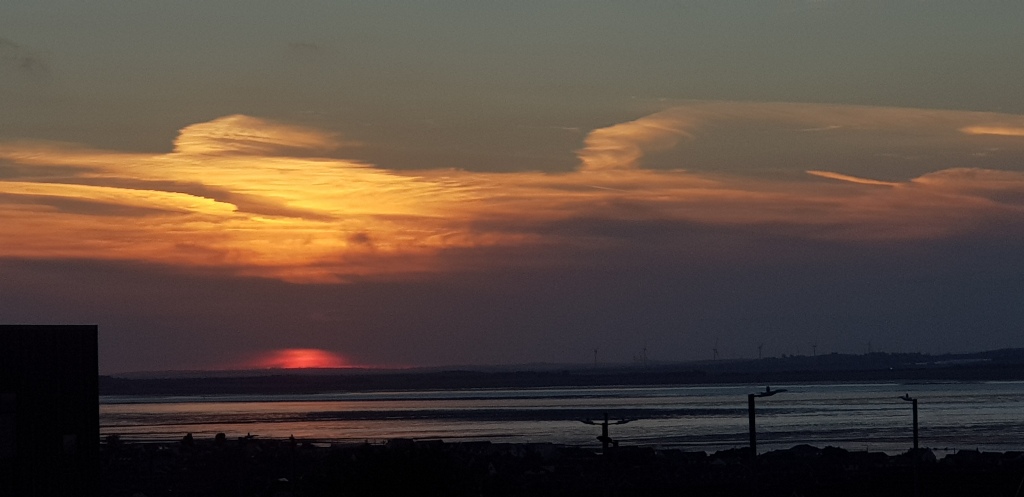Despite the cold and damp weather prevailing across the UK, wild birds are gearing up for another breeding season, displaying their remarkable resilience. It is now the time of year when birds seek out secure nesting spots to boost populations post-winter. However, this coincides with when many gardeners and farmers consider pruning their hedges during the Spring.
The government guidelines suggest that the birds’ breeding season runs from the 1st of March to the 31st of August (the British Trust for Ornithology extends it from the 1st of February).
February’s global warmth suggests these conditions are arriving earlier. Suburban garden birds, such as Blackbirds and Robins, have been seen nesting as early as January, and birds, like Wood Pigeons and Collared Doves, will nest year-round in suitable conditions.
The Wildlife and Countryside Act protects birds across the board. If a nest is being built or used, that bird is considered nesting, regardless of the time of year or the extent of nest completion.
To Prune or to Preserve?
Given plenty of conflicting and inaccurate information online, the best thing to do is to let your hedges (if you are lucky to have them) grow and flourish, creating the best possible conditions for nesting birds during the warmer months.
The optimal times for trimming hedges are during winter and late summer when birds have vacated their nests.
Farmers can also opt only to prune their hedges if they obstruct the highway or footpath – but a risk assessment should be done beforehand.
- If you notice a nest in danger, you can contact RSPB Wildlife on 01767 693690 or the police.
- For injured birds and wildlife, the charities below can help with rescuing or finding care:
- RSPCA: 0300 1234 999 (England and Wales)
- Scottish SPCA: 03000 999 999 (Scotland)
- USPCA: 028 3025 1000 (Northern Ireland)
- For your nearest wildlife rescue centre, use https://www.helpwildlife.co.uk/.
When confronted with the hedge dilemma, promoting hedge growth and health is a straightforward yet impactful approach to support bird populations and biodiversity.
Should you encounter a nest at risk, contacting RSPB or the authorities can be a lifeline to our fragile wildlife.
Image by ED.





